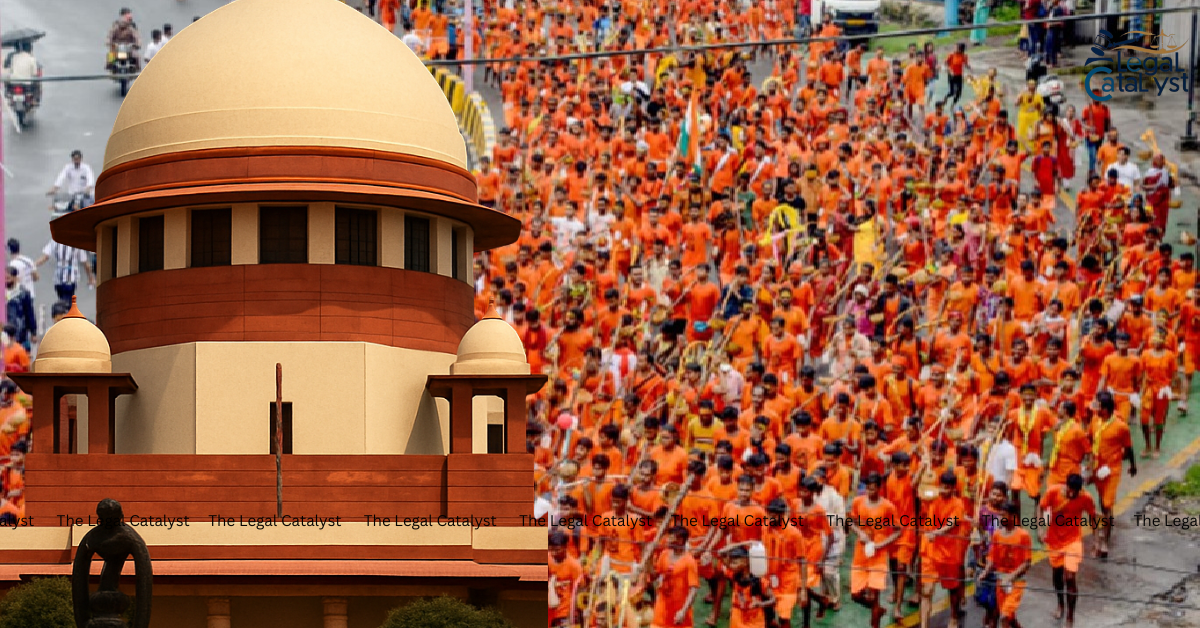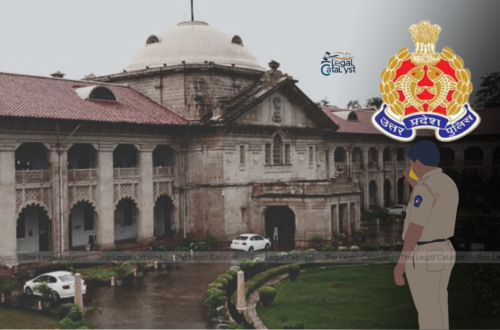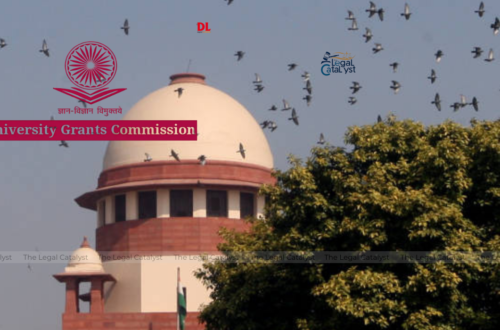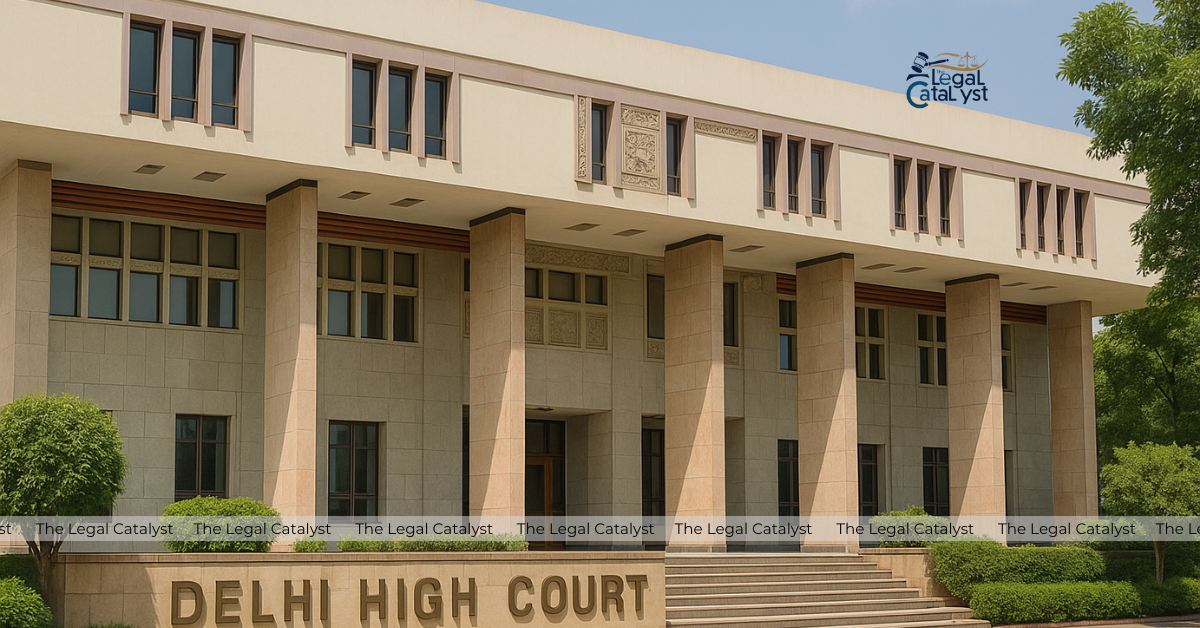The Supreme Court reaffirmed an important consumer right on Tuesday. Consumers have a fundamental right to know the nature and background of the food they are served in eateries. This includes knowing if a restaurant previously served non-vegetarian dishes. This is especially important in the context of religious sentiments during the Kanwar Yatra.
A Bench of Justice MM Sundresh and Justice N Kotiswar Singh was hearing an application. It was filed by academics and rights activists. They opposed a directive by the Uttar Pradesh government. This directive requires eateries along the Kanwar Yatra route to display QR codes that link to ownership details. The petitioners argued that the move attempts to reveal the religious identity of shop owners. This action violates a Supreme Court stay order from 2024.
Court Emphasizes Right to Transparency
The Court declined to decide on the QR code issue. This decision was made due to the Kanwar Yatra’s scheduled end on the same day. However, it made significant observations supporting consumer rights.
“If someone is a pure vegetarian, they may not want to eat at a place that previously served non-veg. It’s about their comfort zone and mindset. Customers should have a way to know this,” the Bench said.
The judges added that such information becomes particularly relevant when a restaurant changes its menu only temporarily for the Kanwar Yatra.
“If a hotel is running as pure vegetarian all year, there is no issue. But if it converts to vegetarian only for the Kanwar Yatra, consumers should be informed. Consumer is the king,” Justice Sundresh remarked.
Allegations of Religious Profiling
Senior Advocate Abhishek Manu Singhvi, appearing for the petitioners, argued that the QR code directive is a veiled attempt. It tries to bypass the earlier stay. It aims to reintroduce identity-based discrimination under the guise of transparency.
“This is not about food safety or public order. This is about identifying and targeting shops owned by minorities. If someone sells vegetarian food, the owner’s name or religion is irrelevant,” Singhvi said.
Connect with us on Instagram – X – LinkedIn for daily updates, quizzes, and other materials.
Echoing the sentiment, Senior Advocate Huzefa Ahmadi questioned the purpose of displaying ownership details through QR codes.
“This is a colourable exercise aimed at revealing the religious identity of owners using digital tools,” Ahmadi submitted.
State Government Justifies Directive
Representing the Uttar Pradesh government, Senior Advocate Mukul Rohatgi defended the move, citing the religious sentiments of devotees.
“There are people who won’t eat even at a sibling’s house if non-veg is cooked there. These are deeply held beliefs that must be respected,” he told the Court.
Court Declines to Intervene
Despite the strong arguments, the Court chose not to go into the merits of the QR code directive. They cited time constraints due to the Kanwar Yatra ending the same day.
“We are not examining this further at this stage. Let all eateries ensure they comply with legal mandates by displaying license and registration certificates,” the Court ordered.
Justice Sundresh, making a philosophical observation, also remarked:
“Marx rightly said religion is the opium of the people.”
Background: Previous Stay Order
In July 2024, the Supreme Court had stayed directives that required shopkeepers to display their names during the Kanwar Yatra. This decision followed petitions. These petitions claimed that such rules unfairly targeted Muslim-owned businesses. Petitioners in the present application alleged that the QR code scheme is a “digital workaround.” They argued that it is designed to achieve the same effect.
“This is nothing but a way to enforce the same discriminatory directive through different means,” the petition stated.
The Court’s directions were limited to requiring statutory compliance for displaying licenses. However, its remarks on the right to informed choice are significant. It also addresses religious neutrality and the fine line between transparency and profiling. These have added a fresh layer to the ongoing debate. This debate surrounds religious sensitivities and commercial freedoms.
Also Read
What Is Res Judicata and Why Courts Use It?







Hello! Do you use Twitter? I’d like to follow you if that would be okay.
I’m undoubtedly enjoying your blog and look forward to new posts.
Yes we do, you can visit out website and can click on the X icon to get directed to our Twitter/X page